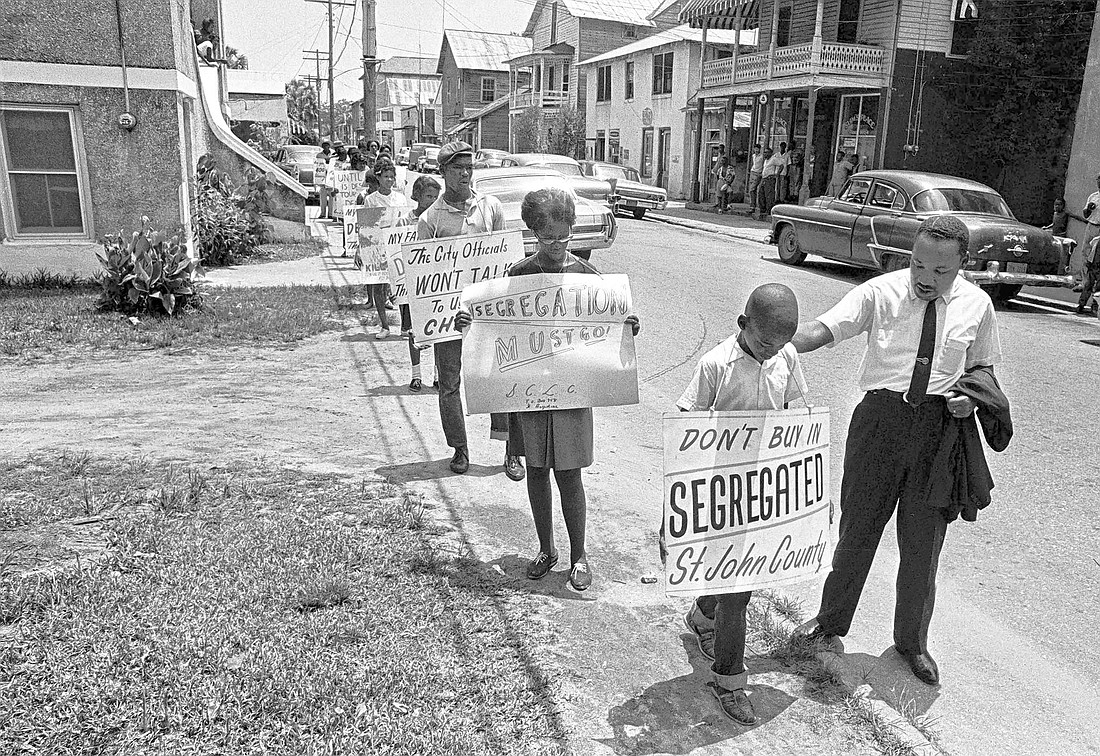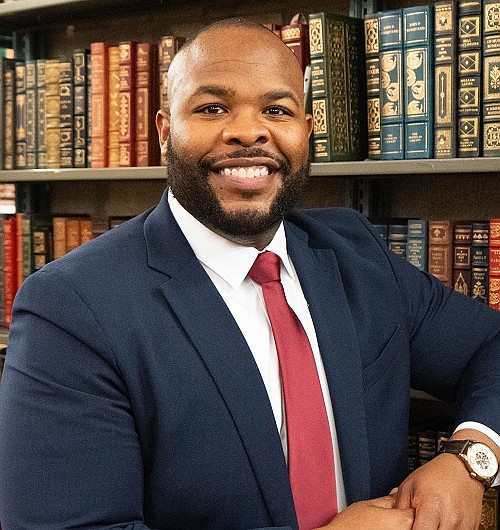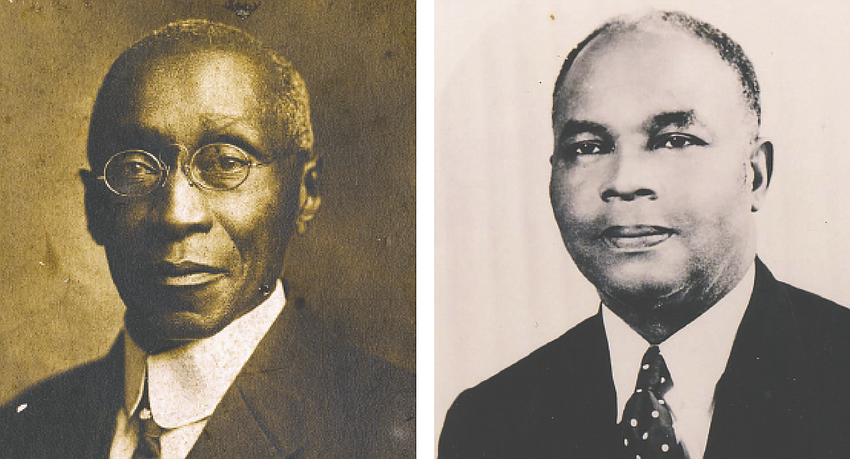
James Weldon Johnson inspired us to sing a song full of the faith that the past has taught us.
Johnson’s poem “Lift Every Voice and Sing” was set to music and proclaimed the Black National Anthem in 1917. Its lyrics inspire all people to remember our past while we cling to the hope of a better tomorrow.
Jacksonville has a rich Black history, as home not only to historic figures such as James Weldon Johnson, Rutledge Pearson and A. Philip Randolph but also to many historic African American institutions.Black History Month, begun in February 1926 by Dr. Carter G. Woodson as Negro History Week, celebrates the achievements and contributions of African Americans throughout history.
Edward Waters University, founded in 1891, is the oldest independent institution for higher education for Black students in Florida.
The Bethel Baptist Institutional Church is the oldest Baptist congregation in the state and was Jacksonville’s first church building on the corner of Duval and Newman streets back in 1840.

The historic Ritz Theatre opened in 1929, showcasing Louis Armstrong, Ray Charles, Ella Fitzgerald and other entertainers during its early era.
Northeast Florida also has a dynamic Black legal history.
Attorney Joseph E. Lee moved to Florida after graduating from Howard University Law School in 1873.
Lee was admitted to the Bar that same year making him the first Black lawyer to practice law in Jacksonville and the first Black lawyer in the state with an actual law degree.
Attorney Daniel Webster Perkins settled in Jacksonville after graduating law school. Perkins joined Lee when he passed the state Bar in 1914.
Perkins fought for the racial integration of juries across the state and against legislation that negatively impacted Black lawyers’ ability to practice law.

Northeast Florida was also important for national civil rights figures.
Before becoming a U.S. Supreme Court justice, NAACP lead counsel Thurgood Marshall visited Jacksonville regularly during and after his representation of the Groveland Four during the 1950s.
Dr. Martin Luther King Jr. spent several weeks in Jacksonville during the 1960s.
King and others with the Southern Christian Leadership Conference led peaceful protests in St. Augustine following a trespass incident at the Monson Motor Lodge swimming pool. King was arrested and appeared before U.S. District Court Judge Bryan Simpson on June 13, 1964, in the Downtown building that now houses the Office of the State Attorney.
James Weldon Johnson’s poem alludes to such history, reminding all Americans of how far we’ve come.
I am grateful for this opportunity to share my thoughts on the importance of Black History Month.
I encourage everyone to attend a local event or participate in a program this month and be inspired by the fortitude and determination of many that have come before us.
D.W. Perkins Bar Association President Marcus Isom Jr. is an Assistant State Attorney for the 4th Judicial Circuit of Florida.